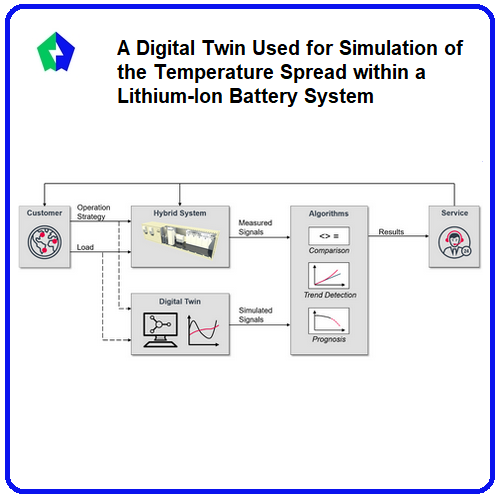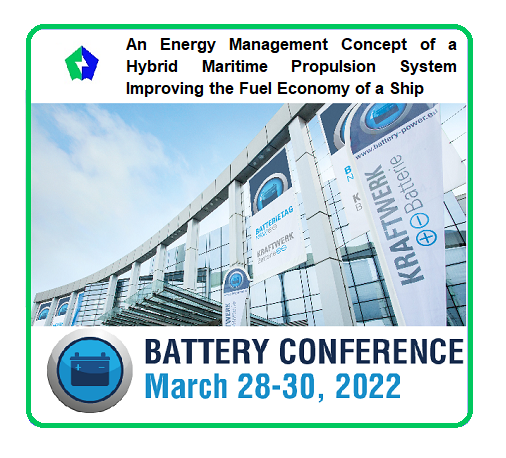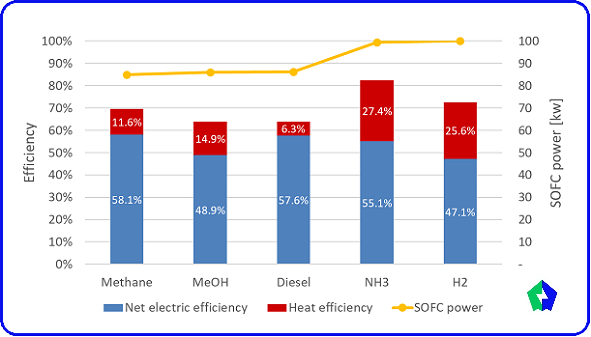Holistic simulation models running in parallel to a battery system as so-called digital twins have drawn increasing interest of researchers in recent years, especially for large-scale and investment-intensive automotive, marine or stationary systems.
Cem Ünlübayir from RWTH (Rheinisch-Westfälische Technische Hochschule Aachen) will present at Advanced Battery Power Conference (28th -30th March 2022) an energy management concept with a load-prediction engine that aims to improve the fuel economy of a hybrid maritime propulsion system.
Alexander Reiter from MAN Energy Solutions will give a lecture at Advanced Battery Power Conference (28th -30th March 2022) about a novel performant and non-destructive modelling process for simulation of temperature distributions within Li-Ion battery modules with comparably low computational effort compared to currently applied approaches.
It is often stated that fuel flexibility is a big advantage for Solid Oxide Fuel Cells (SOFCs) in marine applications since the marine industry is not sure which fuel will be widely available in the future. Several fuels can be used in SOFCs due to the high operating temperature. However, it is still unknown which fuel performs best for a marine SOFC power plant, and it might even depend on the application.
The performance of a marine SOFC power plant for several fuels (methane, methanol, diesel, ammonia, and hydrogen) is compared in terms of electrical and thermal efficiency. It is investigated what influence the operational voltage and fuel utilisation of the SOFC have on the efficiencies of the different systems.




